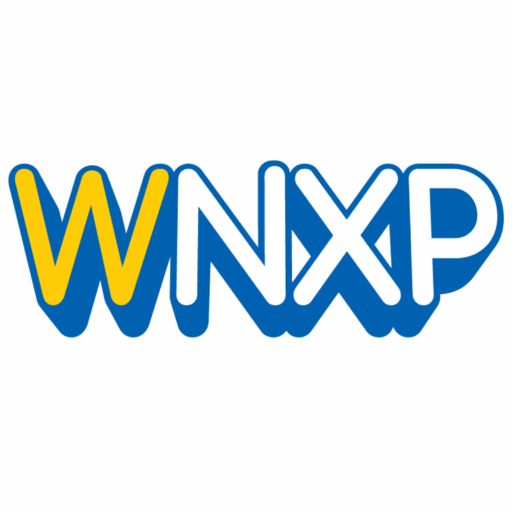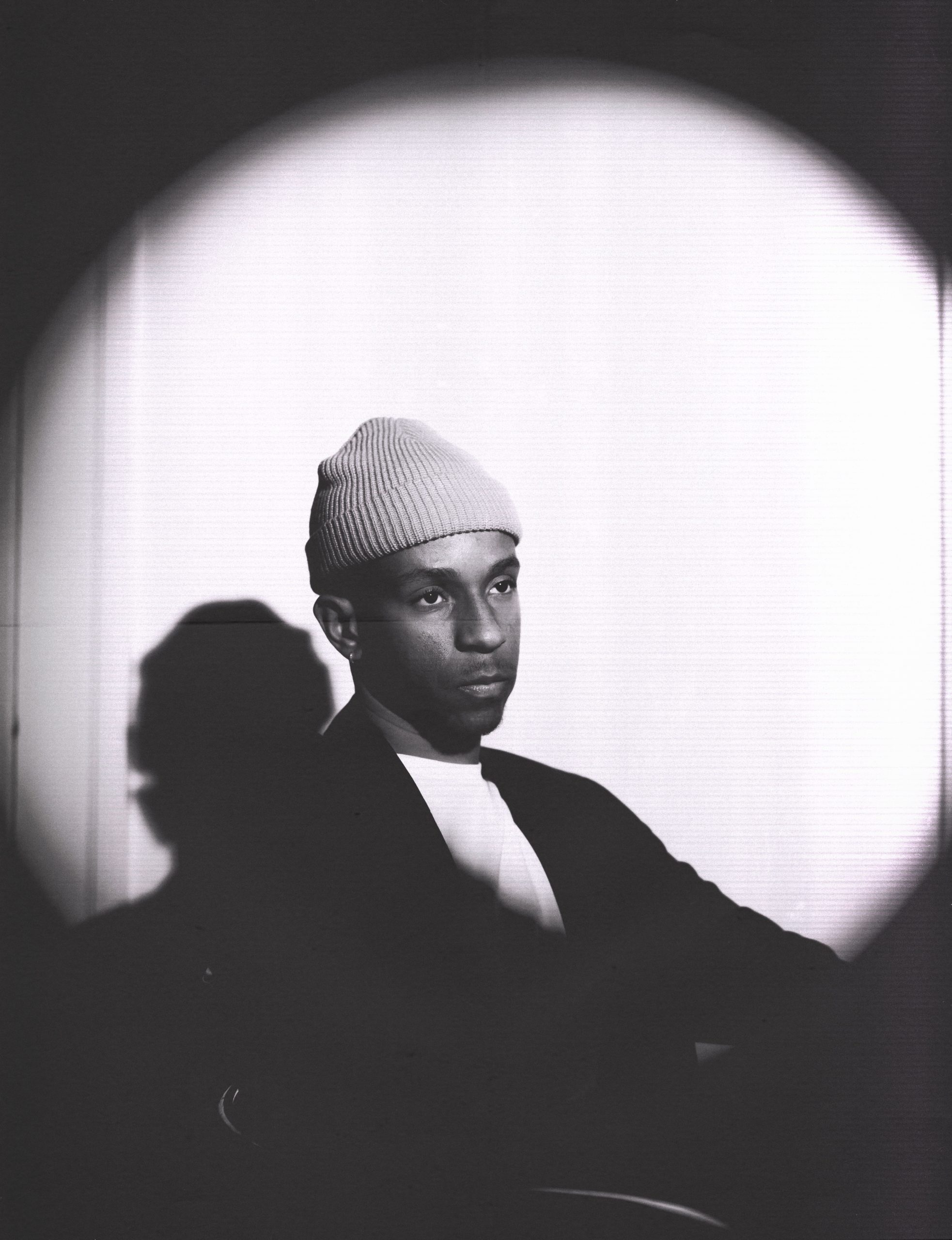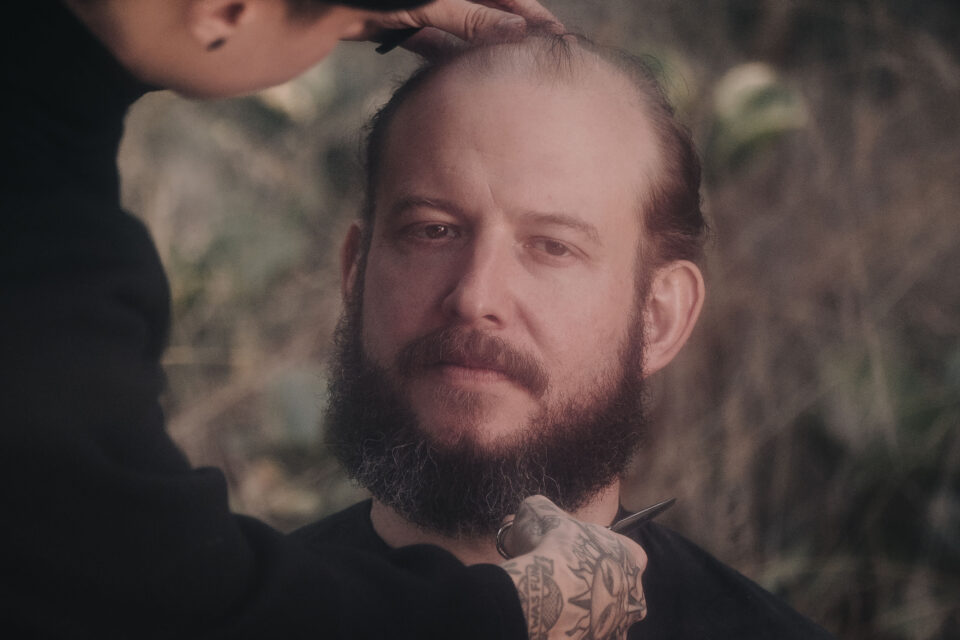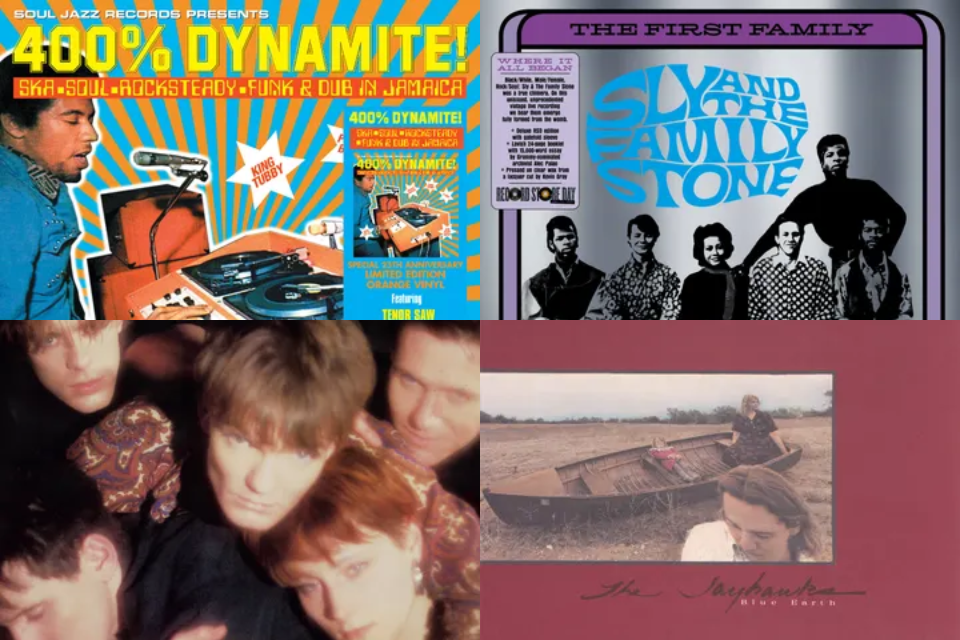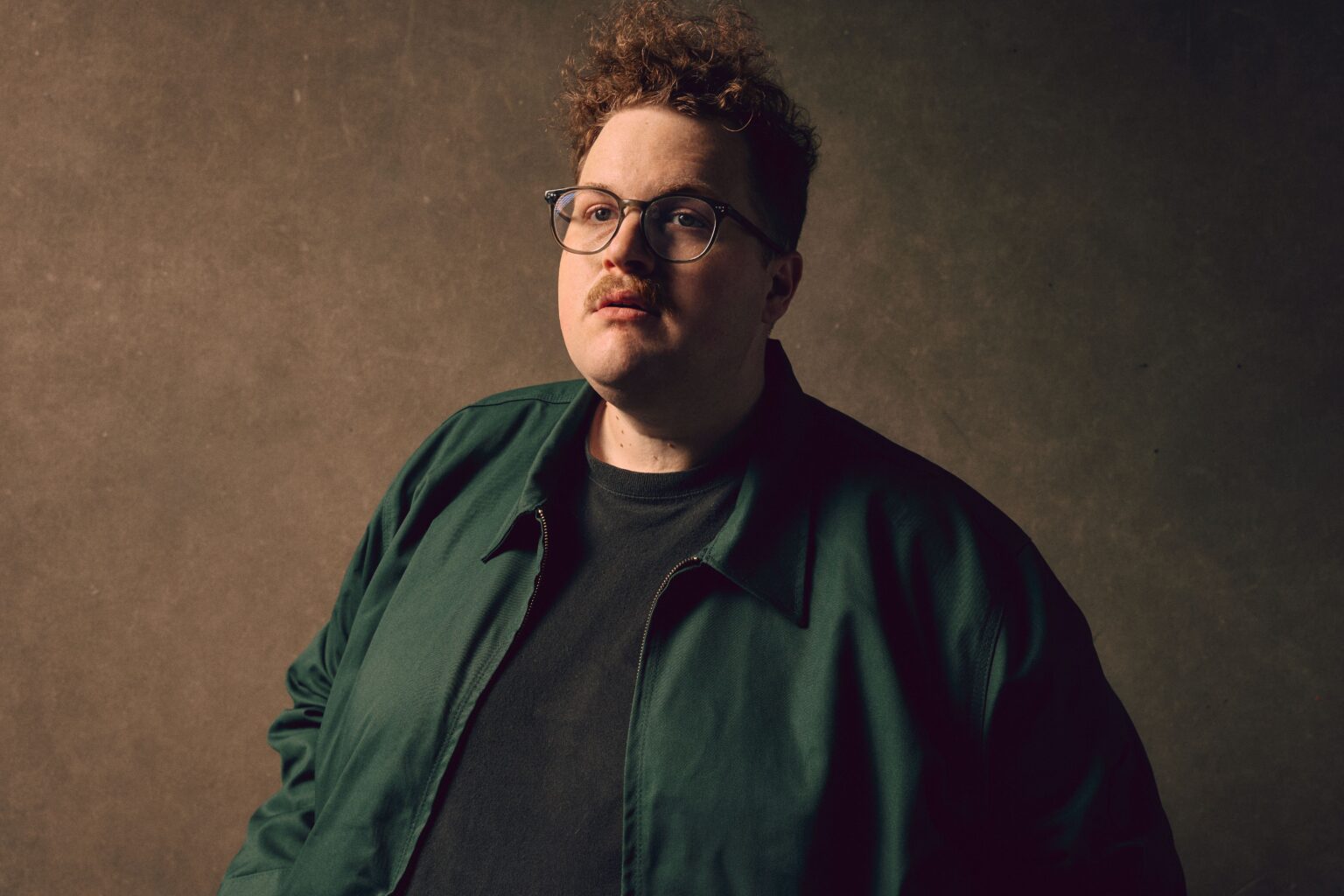In many ways, Isaia Huron’s path to creating atmospheric pop-R&B on his laptop was a familiar one. Like many a musician before him, he got early musical training in church, the preacher’s kid behind the kit, then moved from playing during worship services to gigging outside the sanctuary. He also joined his Gen Z peers in uploading germinal tracks to SoundCloud as quickly as he finished them. But these experiences have informed and enriched his approach to music without confining it.
It was drumming that brought Huron from Greenville, S.C. to Nashville, in a cover band, but the solo music he’s been making since isn’t beat-driven; it’s billowy. He moved on from a church repertoire—which even extended to performing gospel rap during his elementary school years—without making it seem like a rebellion, letting the hymn-like language of adoration and the lift of gospel chord progressions sift into his romantic overtures. And though he gravitated to a streaming platform known for spreading lo-fidelity aesthetics—SoundCloud rap, for one—he sees the art in craft, in tinkering with texture and refining tone to convey emotional sensitivity. When Huron released his interpretation of Miguel’s early 2010’s R&B hit “Adorn” on his December release Cerulean Tapes, he specified that it was the fourth version he’d created, out of eleven total. Huron’s originals, including “Self!” on his 2021 EP Bound, are soft-spoken, sometimes elegant expressions of sensuality and infatuation. He hints at his acrobatic vocal abilities with the occasional vocal run, but prefers to murmur and hover and mesmerize.
On the heels of his busiest year as an artist to date, during which he teamed with a publishing company, attended his first writer’s camp and dipped a toe into producing for others, he spoke with WNXP.
Jewly Hight: I gather that you are a PK, a preacher’s kid, and you got your first musical experiences in church in South Carolina, not just playing drums, but also doing a little bit of gospel rap. How did that shape your relationship to music? What did you learn from the responses that you got in those settings about moving people with a performance?
Isaia Huron: That is a great question. I really can’t make songs just to make songs. Like, I have to formulate in [the form of] a project for some reason. I think the biggest thing that growing up in church and being in that environment has taught me was how to structure the flow of what songs come next, because of my experiences seeing how people move and play on Sunday after Sunday, and seeing what chords and what notes make people go to crazy, what makes them cry or what makes me emotional. You know, it’s kind of just tattooed on my mind as to how to structure and form songs. It’s probably the biggest part of how I’m able to make music.
JH: You chose to focus on drums over vocals for a good while. Why was that?
IH: I was really interested in drums, and the drummers that I was inspired by, I wanted to be just like them and have that type of swagger that they carry. It paid the bills too, playing drums in my dad’s church. And rapping as well.
Rapping was a big part of my life and journey, just because of how much I was in a leadership position, I guess, even as an eight-year-old kind of leading the pack or whatever. It taught me a lot of my main characteristics, what makes me who I am. I was actually today looking at some of the pictures when I was eight and nine and 10, rapping in front of these big churches and just seeing the confidence that I had when I was doing it. I definitely try to carry that into how I do music today.
JH: There have always been child performers, but eight still seems like a really young age to be having some of those first experiences on stage.
IH: Yeah, for sure. I remember the first time I started rapping. I was at this block party and there was a beat playing and I just remember [being] mad young and then just spit a freestyle. That’s not a normal thing that eight-year-olds do. And then to turn it into a [music] group and make my mom be my manager and just calling these shots. It was such a fun time, very character-defining at that age.
JH: I checked out your SoundCloud trail, and it seems like you started uploading music pretty casually five years ago. So how and why did you go from testing the waters with tracks here and there to really getting serious about what you were creating and how you were presenting it?
IH: I was just trying to drop stuff on the side for a while. And then when the pandemic hit and all my drum gigs got taken away, I didn’t have anything else to do or any other way to make any money. So I was just like, “I’ve gotten a semi-good response on SoundCloud. Let me just kind of package this up and drop it on the DSPs.” It’s been it’s been very weird, though, stepping out of this drum phase [I was in] for a long time. I’ve been playing drums for the past, like, 10 years and just jumping into being an artist and all that it entails, the things that you have to do like promo, it’s all a learning curve, but I’m also finding my way through it all, to where I’m comfortable that we’re making real progress.
JH: Even though your first vocal performing experience was rapping, that doesn’t necessarily define the direction that you’ve gone stylistically with the music that you’re that you’re making now. You’re not bringing the tough or hard or boastful qualities of hip-hop to the posture that you’re writing and singing from. In your songs, I hear you savoring infatuation and declaring devotion, and the way that you sing, the softness of your of your vocal attack, it makes it feel like it’s an inward or intimate act. So I wonder who and what do you feel connected to and influenced by in pop and R&B, maybe even quiet storm, and confessional singer-songwriter stuff or devotional music, gospel music. What have you taken in and what you feel connected to? What do you feel like you’re carrying forward in your own way?
IH: It’s funny that you mention the SoundCloud thing, because I think that is a true image of the growth that I’ve had, and I think that you can kind of directly see who I was influenced by, because each song is like me being inspired by somebody else. My first song on there is called “Real.” That’s when Bryson Tiller was out. So I wanted to emulate that. You can see where PARTYNEXTDOOR kind of influenced me, and then you can see where James Blake influenced me, you can see where Fleet Foxes have influenced me. There’s a method in vocal lessons when you’re trying to become a better singer where you try to mimic and sound like your favorite singer, and that’s how you find your true tone. And I think it’s the same way with how I’ve been experimenting with different sounds.
JH: Are you the one playing the guitar parts, piano, synth, doing the programming, handling all the production?
IH: Yeah, I’m the one doing that. But I physically can’t play a guitar. So I have a friend of mine [play it]. I mouth it or whatever. Bass is my favorite instrument, so I usually kind of sketch out a bass part and send it to a few bass players. But all the programming and bringing all the files in and then editing and structuring them and then recording onto it and bending it and pitching it up and down and putting in filters and stuff, that’s definitely the joy I have about making music. It’s like painting a picture or something. I don’t ever really feel comfortable with anybody else doing it, because I kind of it’s an intimate thing. I can do it at a coffee shop. I can do it on an airplane. I can do it here on my table, in a car. It’s become this very necessary part of my process to just do it all myself.
JH: I think it’s interesting, given your long history as a drummer, that you haven’t settled on an approach that really relies on the beat as its backbone. Why do you think that is?
IH: I want to go to therapy to figure that out, because I don’t know why. It’s such a hard thing for me to understand.
I’m so much more melody-based, chord-based, and I care so much more about those things than programming drums and stuff, although I do enjoy programming drums for other people. But with my stuff, I try to leave more room to just do things melodically.
JH: What has it looked like for you to expand your horizons musically and professionally, especially over the last year or so, with writing camps, collaborations, other things you’ve been doing?
IH: It’s looked like me getting out of my shell and my comfort zone. I started out doing this stuff in my room, which a lot of people do, but they kind of transition to start going to studios and stuff like that. And I never really did that. I’m still in my room making music. So having to go and meet new people and having to go and work with these people and see other people’s processes, it’s been great and it’s been helpful for me to kind of navigate my way through the music industry as well. I’m learning the patterns and I’m learning people’s behaviors. I’m a thinker. Like, I really like to think about things, so going out and doing music industry things or whatever has been very helpful for my music making process and all these things that we’re doing in the future.
